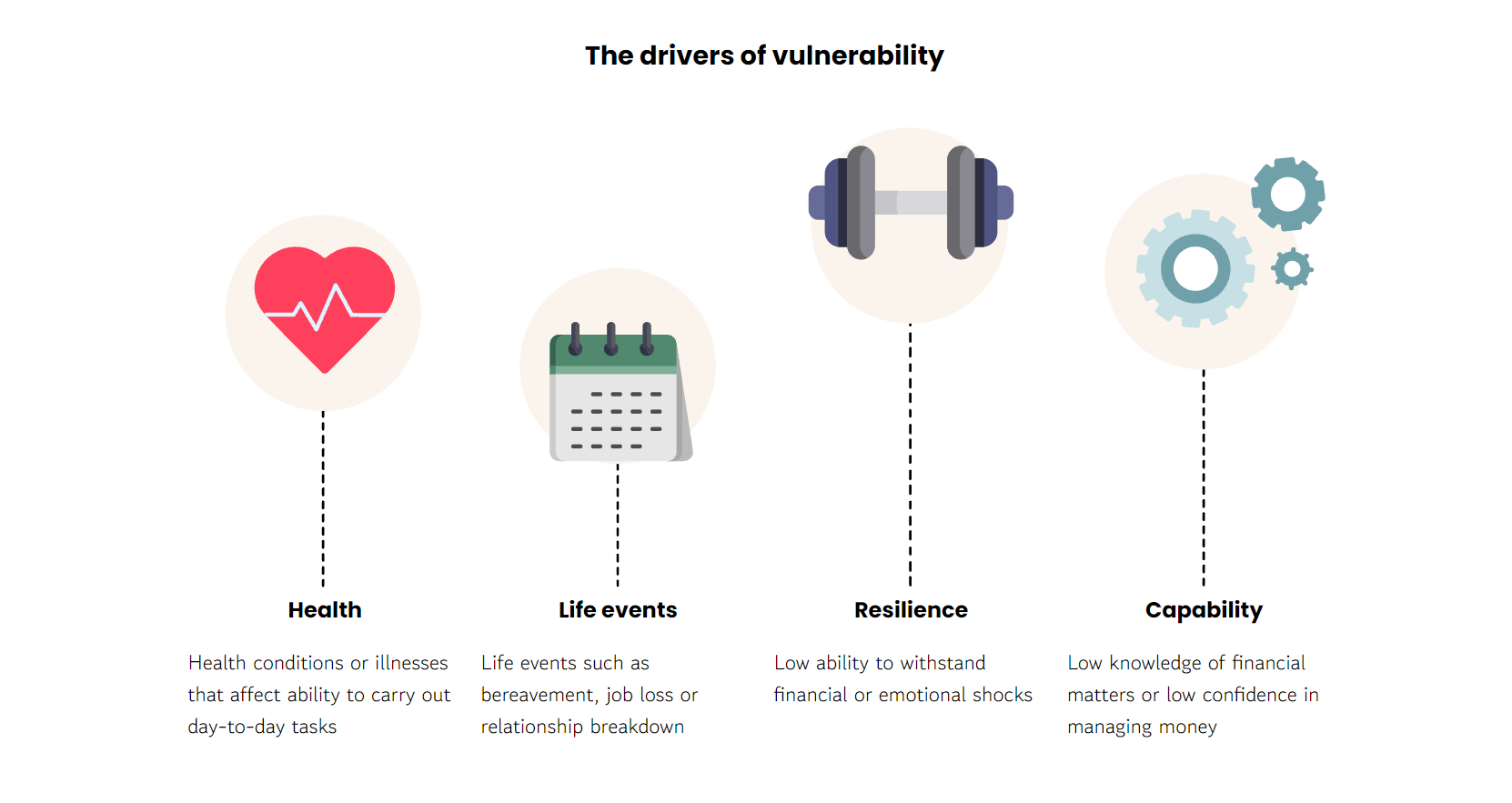The gig economy in Europe
The gig economy in Europe, also known as the platform economy or sharing economy, has experienced significant growth in recent years. It refers to a labour market characterised by short-term, flexible, and on-demand work arrangements facilitated by digital platforms. One key aspect of the gig economy in Europe is the prevalence of online platforms that connect workers with customers, such as Uber, Deliveroo, and TaskRabbit. These platforms provide individuals with opportunities to earn income by offering their services in various fields, including transportation, food delivery, and household tasks.
What are gig economy workers?
Gig economy workers, also known as gig workers or platform workers, are individuals who participate in the gig economy. They are typically independent contractors or freelancers who perform short-term, flexible, and on-demand work for various digital platforms or online marketplaces.
Types of gig economy workers
- Ride-hailing and delivery drivers
- Freelancers and independent contractors
- Task-based workers
- Online marketplace sellers
- Home-sharing hosts
- Creative content creators
- Caregivers and home service providers
EU proposals will seek to uplift millions of workers, with the UK close behind
Workers throughout the gig economy in the EU, from Uber to JustEat, will be given minimum rights to sick pay, holidays, wages, and protections from algorithmic decision making under plans to crack down on sham self-employment. The EU’s draft legislation will shift the burden of proof for employment status to companies rather than individuals. Similar to what IR35 has sought to do in the UK, but more specifically for gig workers.
For years, workers have been embroiled in long-running legal disputes with gig platforms, going to court to gain access to basic rights such as the minimum wage. Uber recently lost its battle in the UK Supreme Court to maintain it’s 40,000 drivers were self-employed, and therefore not entitled to basic employment rights.
CitySprint, a delivery company with 3.500 self-employed couriers in the UK, lost a similar employment tribunal. Mags Dewhurst, who has made deliveries for the company for more than two years, was found by the tribunal to have been wrongly classed as a self-employed freelancer. The judge said her employment classification should be as a worker, and as such entitled to paid holidays, the national minimum wage, and potentially sick pay. In an echo of the Uber ruling, the judge called CitySprint’s contracts as “contorted, indecipherable and window-dressing.”
Misclassifying workers costs billions
Sham self-employment has also cost the government up to £4bn a year in lost tax income and benefit payouts. The government is missing out on employer NI contributions, and self-employed workers are not part of PAYE. Additionally, at least 10% of workers are in precarious employment, which means a greater reliance on in-work benefits with the companies making the savings.
Across the EU, around 5.5 million workers are misclassified as self-employed, when they should be treated as employees. That’s out of at least 28 million people working for platforms in the EU, which is expected to double in the next few years.
The proposals will seek to offer legal certainty, after European courts as well as British ones have been called on to settle hundreds of disputes around self-employment and the gig economy. Despite new EU rules not applying to the UK, the British courts have been drawing a similar line as their European counterparts, and new rules from the EU will likely have a knock-on effect for British platform providers as well.
Under the directive, workers would also gain rights over algorithms, to stop situations where people are denied jobs, working hours or even fired as a result of machines’ decisions. This follows rulings against Deliveroo in Italy, which was fined €2.5 million by Italian authorities because it was collecting too much data from its delivery riders. It was also not transparent about how it used an algorithm to manage riders work shifts, and this violated the rights and freedoms of Deliveroo riders.
Do gig economy workers have employment rights?
Gig economy employment practices had a knock-on effect in other areas of employment law, too. In the Deliveroo case, there was a religious discrimination angle. The company set its peak times as Friday, Saturday and Sunday evenings. But if riders were unavailable for those shifts for religious reasons, they were penalized as a result.
The EU rules will seek to stop that kind of behaviour, as well as define what it means to be genuinely self-employed. Companies that did not allow people to work for other firms, or had rules about appearance and how to carry out tasks, could be classed as employers, under the proposals.
What’s the impact of the gig economy on ESG?
Simplified rules around self-employment and the gig economy could be highly beneficial to companies concerned about potential unfair labour practices in their supply chain, and even improve ESG ratings. Businesses who rely on gig economy workers for their supply chains could potentially see the social side of their ESG efforts suffer as riders are denied access to a living wage. Bringing the gig economy into standard employment practices will help ensure businesses who rely on these platforms will have confidence in the ESG aspects of their supply chains.
If you use the gig economy, it is worth undertaking a supply chain-focused risk assessment to identify potential areas of risk in your supply chain, and seek to mitigate those issues as soon as possible. Get in touch to learn more about how Omnitrack can help you manage your supply chain risks.
You can also learn more about changes to employment law in our free guide to Employment law in the Post-Covid Workplace. Click here to download your free copy of the guide.













